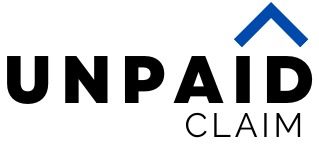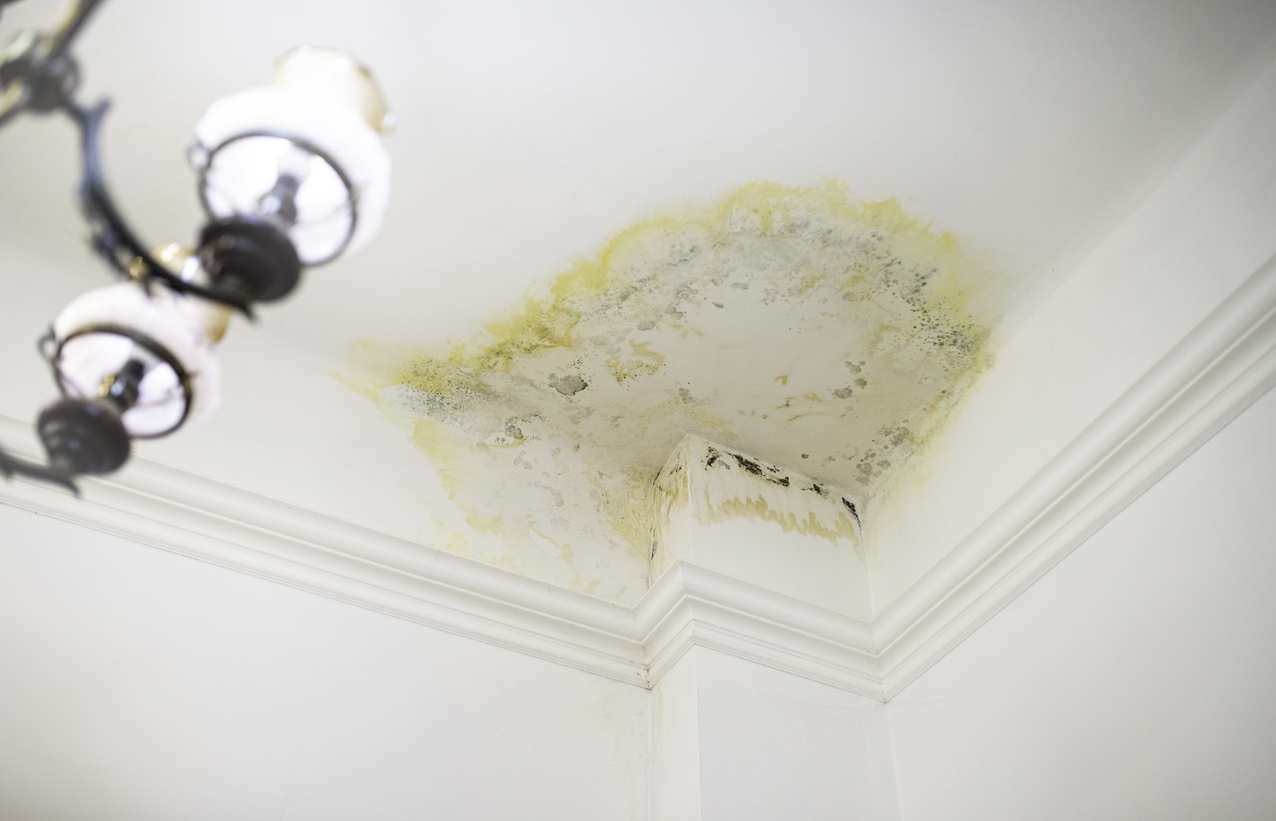Mold infestations can cause serious structural damage to homes and pose health risks to occupants. When homeowners discover mold, one of the first questions they ask is: Will insurance cover mold damage? Unfortunately, the answer depends on several factors, including the cause of the mold, the type of insurance policy you have, and the extent of coverage included in your policy.
At Unpaid Claims, we help homeowners understand their insurance policies and fight for fair claim settlements. This guide will walk you through whether your insurance policy covers mold damage, steps to take if you find mold, and how to strengthen your insurance claim.
Understanding Mold Damage Coverage in Home Insurance
Will Insurance Cover Mold Damage?
Most standard homeowners insurance policies do not automatically cover mold damage unless it results from a covered peril. This means mold must be a direct result of an insured event, such as:
- Water damage from a burst pipe.
- Storm-related roof leaks.
- Accidental appliance overflows.
- Fire suppression efforts leading to water accumulation.
However, if mold growth results from poor maintenance, high humidity, or neglect, insurance companies typically deny coverage.
Learn more about Unpaid Claims and how we can assist with mold damage claims.
What Types of Insurance Cover Mold Damage?
1. Homeowners Insurance
Basic homeowners insurance may cover mold damage if it is caused by a covered peril. However, many policies have strict limits on mold remediation, often capping payouts between $5,000 and $10,000.
2. Flood Insurance
If mold damage is a result of flooding, standard homeowners insurance will not cover mold damage. Instead, homeowners need a separate flood insurance policy through the National Flood Insurance Program (NFIP).
3. Water Damage Endorsements
Some insurance companies offer optional endorsements that expand coverage to include mold caused by water damage, increasing the policy’s mold coverage limits.
Find out if your homeowners insurance covers mold damage with Unpaid Claims.
Steps to Take If You Discover Mold in Your Home
1. Identify the Source of Mold Growth
Before filing an insurance claim, determine what caused the mold. Possible sources include:
- Leaky pipes or plumbing failures.
- HVAC condensation issues.
- Roof leaks from storms.
- Flooding or standing water.
2. Document the Mold Damage
Thorough documentation strengthens your claim. Be sure to:
- Take clear photos and videos of the mold.
- Record dates and times of mold discovery.
- Keep receipts for emergency repairs.
3. Prevent Further Damage
Most insurance policies require homeowners to take steps to mitigate further damage. Actions may include:
- Stopping the source of moisture (e.g., shutting off water supply to a leaking pipe).
- Using dehumidifiers and fans to dry affected areas.
- Wearing protective gear when handling mold.
4. Contact Your Insurance Provider
File a claim with your insurance company as soon as possible. Provide:
- Detailed documentation of the damage.
- A professional mold inspection report.
- Receipts for initial cleanup and mitigation efforts.
Get expert guidance from Unpaid Claims for filing a mold damage insurance claim.
Common Reasons Insurance Companies Deny Mold Claims
1. Mold Was Caused by Neglect
If the insurance company determines that mold resulted from poor maintenance, they may deny the claim.
2. Lack of Covered Peril
Mold damage that develops without a specific covered event, such as high humidity or prolonged moisture exposure, is typically excluded.
3. Delayed Reporting
Waiting too long to report mold damage can give insurers a reason to deny the claim.
4. Exceeding Policy Limits
If your policy has a low mold damage limit, the payout may not cover full remediation costs.
Find out how Unpaid Claims helps homeowners challenge mold claim denials.
How to Strengthen Your Mold Damage Insurance Claim
1. Work with a Public Adjuster
Public adjusters specialize in maximizing insurance settlements by negotiating directly with insurers and ensuring all mold-related damages are accounted for.
2. Hire a Certified Mold Remediation Specialist
Having a licensed mold inspector assess the damage and provide a professional remediation plan strengthens your claim.
3. Keep All Repair Receipts and Estimates
Maintain detailed records of all repair costs, including:
- Mold removal services.
- Water damage restoration.
- Temporary housing costs (if the home is uninhabitable).
Consult with Unpaid Claims to maximize your mold damage settlement.
When to Seek Legal Help for a Mold Insurance Claim
1. If Your Claim Is Denied Unfairly
If your insurance company denies your claim without a valid reason, consider hiring an insurance dispute attorney.
2. If Your Settlement Offer Is Too Low
Insurance companies often offer low settlements that don’t fully cover the cost of mold removal and repairs.
3. If the Insurance Company Is Delaying the Process
If your insurer delays responding to your claim, a legal expert can push for timely action.
Find out how Unpaid Claims helps homeowners fight for fair mold insurance settlements.
Why Choose Unpaid Claims for Mold Damage Insurance Assistance?
Expert Claims Assistance
- We help homeowners navigate mold insurance claims effectively.
- We negotiate with insurers to ensure fair settlements.
- We assist in appealing denied claims.
Hassle-Free Insurance Claim Process
- No upfront fees – We get paid when you do.
- Fast and efficient claims management.
- Dedicated professionals to handle all negotiations.
Schedule a free consultation with Unpaid Claims today.
Conclusion
If you’re wondering, will insurance cover mold damage?, the answer depends on the cause of the mold and your policy’s coverage. While some homeowners insurance policies cover mold caused by sudden and accidental water damage, others exclude mold entirely.
Taking the right steps before filing a claim, such as documenting the damage, mitigating further harm, and consulting a public adjuster, can significantly improve your chances of a successful insurance payout.
At Unpaid Claims, we help homeowners navigate the complexities of mold damage insurance claims. Contact us today to ensure you receive the maximum compensation you deserve.
Don’t let insurance companies shortchange you—trust Unpaid Claims to fight for your mold damage insurance claim!

